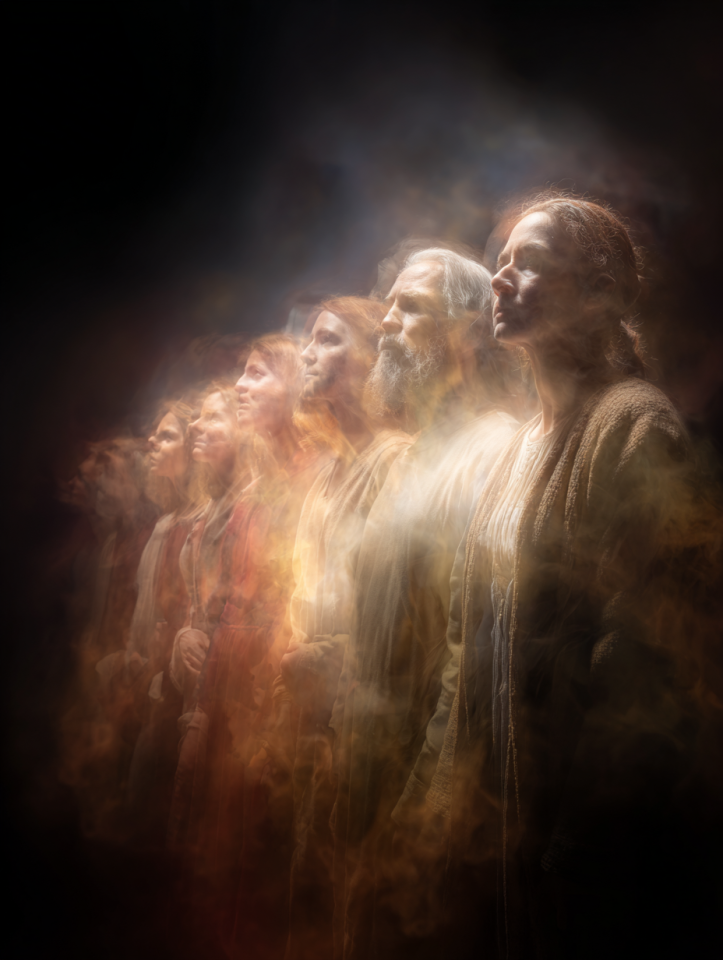Sergei Yesenin (SEHR-gay YEH-seh-neen)
Sergei Alexandrovich Yesenin (a.k.a. ussia’s Golden Boy, The Peasant Poet, Esenin)
Sergei Yesenin was born into the rural heart of Russia on October 3, 1895, in the small village of Konstantinovo, nestled along the banks of the Oka River. His early life was shaped by the natural rhythms of the countryside and the influence of his devoutly Orthodox grandmother, who instilled in him a deep connection to the land, folklore, and traditional Russian spirituality. This bucolic upbringing would forever anchor Yesenin’s poetic voice, infusing his verse with a longing for a vanishing rural innocence even as the machinery of revolution advanced across the Russian Empire. By the time he was a teenager, Yesenin had moved to Moscow to pursue education and began writing poetry seriously, eventually capturing the attention of literary circles for his raw lyricism and romantic reverence for the soil.
Yesenin's literary ascent coincided with the political and cultural upheavals of the Russian Revolution. Though he initially embraced the revolution with the fervor of youthful idealism, his disillusionment came swiftly as he witnessed the erasure of the old peasant world he so cherished. In response, his poetry turned inward and mournful, mixing defiant nationalism with a fatalistic lyricism that earned him both fame and state suspicion. He aligned briefly with the Imaginist movement—a group known for their flamboyant style and vivid metaphors—but never allowed himself to be shackled by doctrine. His fame skyrocketed, and his name became synonymous with the soul of the Russian people: melancholy, passionate, and perpetually torn between the past and a relentless modernity.
Despite—or perhaps because of—his widespread acclaim, Yesenin’s personal life unraveled into myth and tragedy. His relationships were fiery and public, including a tumultuous and short-lived marriage to the American dancer Isadora Duncan, twenty years his senior. Their union, though brief, was the stuff of scandal and spectacle, marked by clashing egos and cross-cultural misunderstandings. Yesenin's behavior grew erratic, fueled by alcoholism, depression, and the psychological strain of celebrity in a state increasingly hostile to unapproved voices. His poetry during this period oscillated between bitter cynicism and aching beauty, with verses that seemed to foresee his own demise. He became a public icon of doomed romanticism, a living elegy to a Russia that no longer existed.
In December 1925, Sergei Yesenin was found dead in the Hotel Angleterre in Leningrad, allegedly having hanged himself using the belt of his suitcase. He was 30 years old. The final poem found beside his body, written in his own blood due to lack of ink, read like a haunting farewell: resigned, celestial, and strangely peaceful. Though rumors have persisted for decades that his death may have been orchestrated by Soviet agents, no conclusive evidence has ever emerged. What remains, unshakably, is the voice he left behind—tender and tumultuous, a soul torn between the old gods and the new iron gods, whose poems continue to echo through Russian consciousness. To this day, Sergei Yesenin is revered not just as a poet, but as a tragic archetype—the last bard of an eternal, aching Russia.
Mental characteristics
Sexuality
Yesenin was romantically involved with several women, but he also formed close, emotionally intense relationships with men, including fellow poets. His letters and poems suggest fluid attractions that defy strict categorization, and some scholars have argued for a bisexual or pansexual interpretation of his intimate life. Regardless of label, his love—like his poetry—was passionate, aching, and often self-destructive.

Species
Date of Birth
October 3, 1895
Date of Death
December 28, 1925
Life
1895 CE
1925 CE
30 years old
Circumstances of Death
Found hanged in a hotel room in what was ruled a suicide, though suspicions of state involvement have never been fully dismissed.
Birthplace
Konstantinovo, Ryazan Province, Russian Empire
Place of Death
Leningrad, Soviet Union
Children
Sex
Male
Sexuality
Heterosexual















